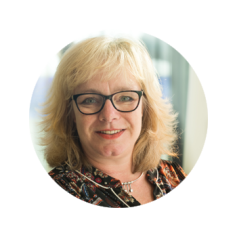For those uncomfortable with this complexity, I recommend books such as David Attenborough’s A Life on Our Planet and Kate Raworth’s Doughnut Economics – alongside COP26 coverage of issues like coal, oil and gas, the marine environmental, carbon, methane and hydrogen risks and opportunities, deforestation, food supply chain issue, indigenous people’s rights, greening cities and much more. My point being that sustainability risks and opportunities are complex and dynamic, so upskilling makes sense.
I’ll add here that our free-to-use (11-year-old) fund tool Fund EcoMarket, which is referenced in DP21/4, helps advisers find funds that reflect client aims, with information supplied directly by fund managers. So this does not need to be too onerous or expensive.
The science dictates that everything must change this decade. The government has set out a roadmap and financial regulators are en route.
Regulated entities will therefore either be part of the problem or part of the solution.
The role intermediaries and advisers play in directing capital makes them central to our future success. So, although this may not change overnight, intermediaries should expect to be discussing how the ‘real economy’ works – and concepts like net zero, implied temperature rises, stewardship and transition plans – with your clients pretty soon.
Julia Dreblow is director of SRI Services and founder Fund EcoMarket






